Introducing Chacruna Whole Leaves sourced from the beautiful region of Ucayali, Peru.
We are delighted to introduce our Chacruna (Psychotria viridis) whole leaves, ethically sourced from the beautiful and biodiverse region of Ucayali, Peru. These leaves are harvested with care and respect by the indigenous tribes of the area, who have a profound understanding of the plant and its significance in their traditional practices.
Botanical Information
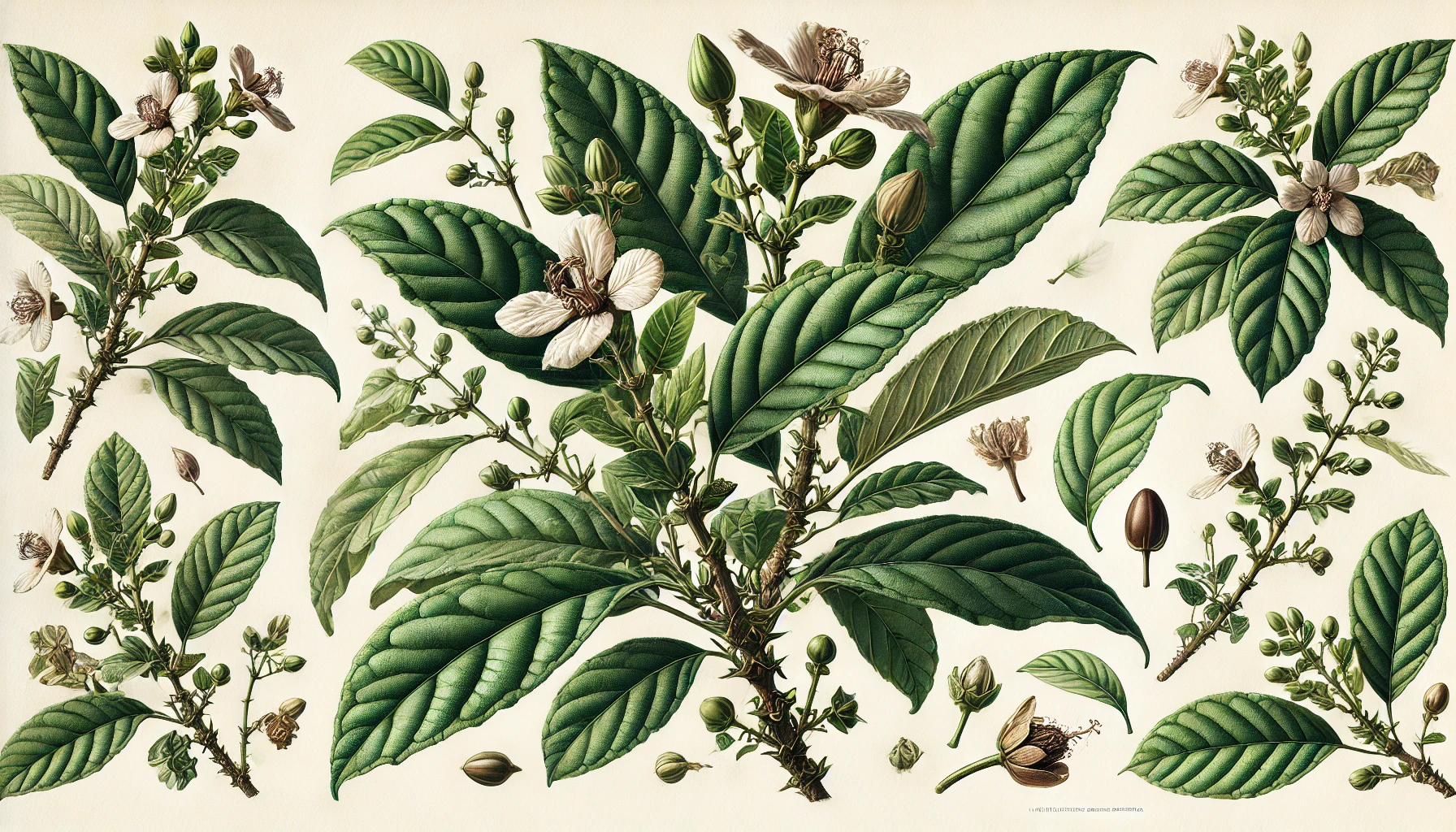
Scientific Classification:
- Kingdom: Plantae
- Clade: Angiosperms
- Clade: Eudicots
- Order: Gentianales
- Family: Rubiaceae
- Genus: Psychotria
- Species: Psychotria viridis
Morphological Characteristics:
Growth Habit: Psychotria viridis is a perennial shrub that can grow between 2 to 5 meters in height. It is well-adapted to the humid, tropical conditions of the Amazon Rainforest, where it flourishes under the dense canopy.
Leaves: The leaves of Chacruna are the most important part of the plant for traditional use. They are dark green, glossy, and oval-shaped, measuring between 5 to 15 cm in length. The leaves have a smooth texture with prominent veins that run parallel to the leaf margins, giving them a distinctive appearance.
Flowers and Fruit: The plant produces small, white to greenish flowers that grow in clusters. These flowers eventually develop into small, red berries containing the seeds. While the flowers and fruits are less commonly utilized, they are vital for the plant’s reproductive cycle.
The Ucayali Region and Its Tribes
Geographical Context: Ucayali is a region located in the central part of Peru, within the Amazon Basin. It is characterized by its vast expanses of tropical rainforest, winding rivers, and rich biodiversity. The Ucayali River, a major tributary of the Amazon River, runs through the region, providing a vital water source and transportation route for the local communities.
Climate and Environment: The climate in Ucayali is tropical, with high humidity and significant rainfall throughout the year. This environment creates ideal conditions for the growth of a wide variety of plants, including Psychotria viridis. The dense rainforest canopy provides the necessary shade and moisture that these plants need to thrive.
Indigenous Tribes: Ucayali is home to several indigenous tribes, each with its own unique culture and traditions. Among these are the Shipibo-Conibo, Asháninka, and Yine people. These tribes have lived in the region for generations, maintaining a deep connection to the land and its natural resources.
Shipibo-Conibo: The Shipibo-Conibo are one of the most well-known tribes in Ucayali. They are renowned for their intricate artistry, particularly their textiles and pottery, which often feature elaborate geometric patterns. The Shipibo-Conibo have a rich tradition of using medicinal plants and are highly knowledgeable about the flora of the Amazon.
Asháninka: The Asháninka are one of the largest indigenous groups in the Peruvian Amazon. They are known for their extensive knowledge of the rainforest and its medicinal plants. The Asháninka use a variety of plants for healing and spiritual practices, reflecting their deep understanding of the natural world.
Yine: The Yine people, also known as the Piro, inhabit the rainforests of Ucayali. They have a rich cultural heritage and a profound respect for the environment. The Yine utilize a variety of plants for medicinal and ceremonial purposes, demonstrating their deep connection to the rainforest ecosystem.
Traditional Uses of Chacruna in Ucayali
Shamanic Practices: Chacruna leaves play a significant role in the shamanic traditions of the indigenous tribes of Ucayali. Shamans, known as curanderos, use the leaves in their spiritual ceremonies to facilitate healing and connection with the spirit world. These ceremonies are deeply rooted in the cultural heritage of the tribes and are conducted with great respect and reverence for the plant.
Medicinal Applications: Beyond their shamanic uses, Chacruna leaves are also valued for their medicinal properties. The leaves are used to prepare infusions and teas believed to promote overall health and well-being. These traditional remedies are an integral part of the indigenous healthcare practices, reflecting a holistic approach to healing.
Cultural Significance: The use of Chacruna in traditional practices underscores its cultural significance among the tribes of Ucayali. The plant is often seen as a bridge between the physical and spiritual worlds, playing a crucial role in the spiritual life of the community. Its use is guided by deep-rooted customs and rituals, ensuring that the knowledge of its properties is preserved and passed down through generations.
Conclusion
Our Chacruna (Psychotria viridis) whole leaves from Ucayali, Peru, offer a unique opportunity to connect with the rich cultural and natural heritage of the Amazon Rainforest. Harvested by indigenous tribes who have an intimate understanding of the plant and its significance, these leaves are more than just a product—they are a testament to the profound relationship between people and nature. By incorporating Chacruna into your practices, you support the preservation of traditional knowledge and the sustainable use of rainforest resources, honoring the legacy of the Amazon and its indigenous inhabitants.
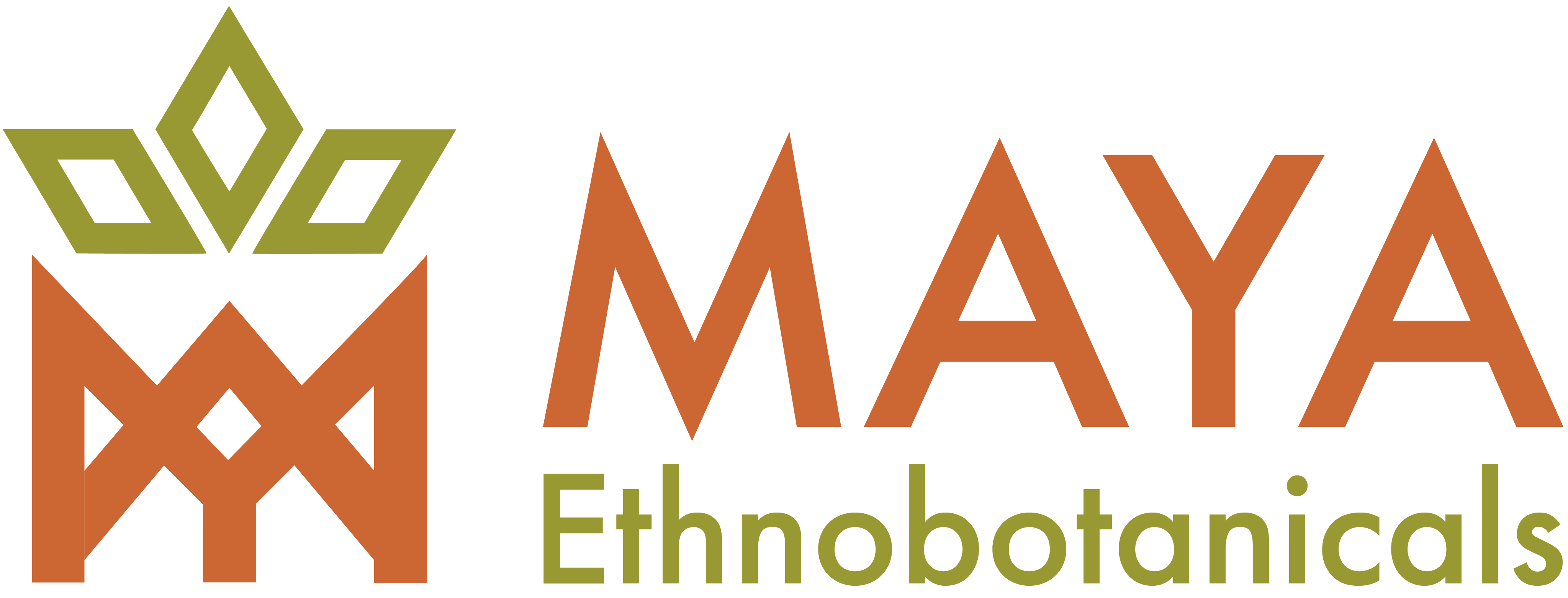
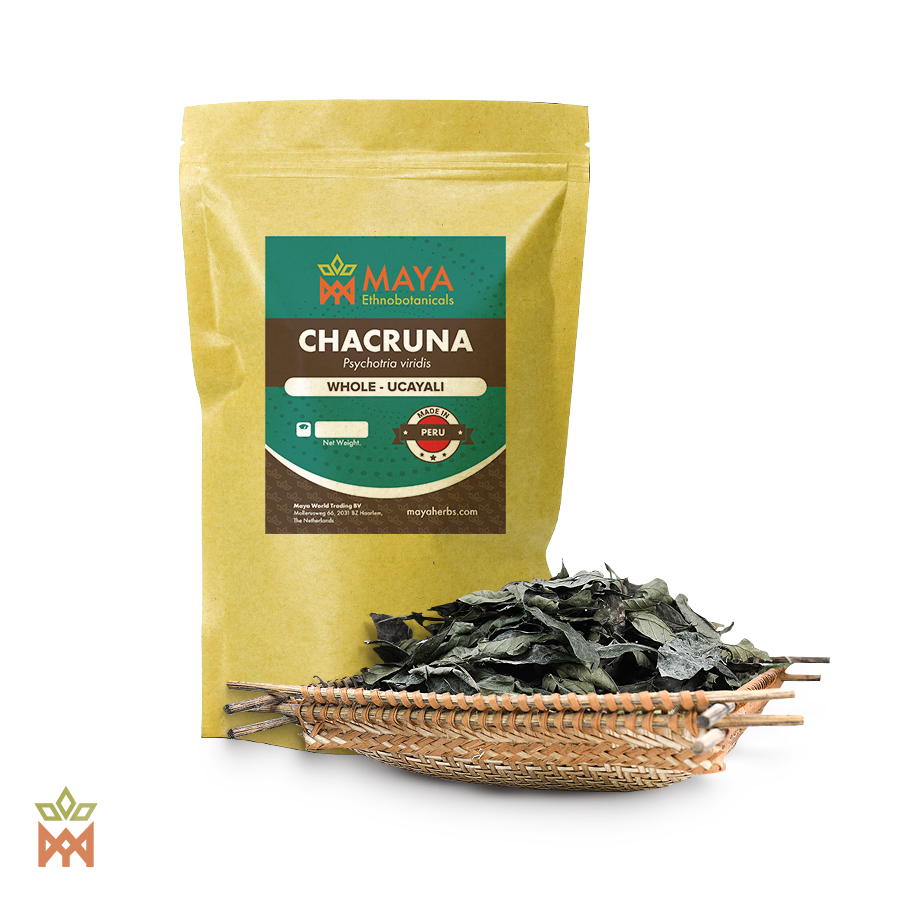
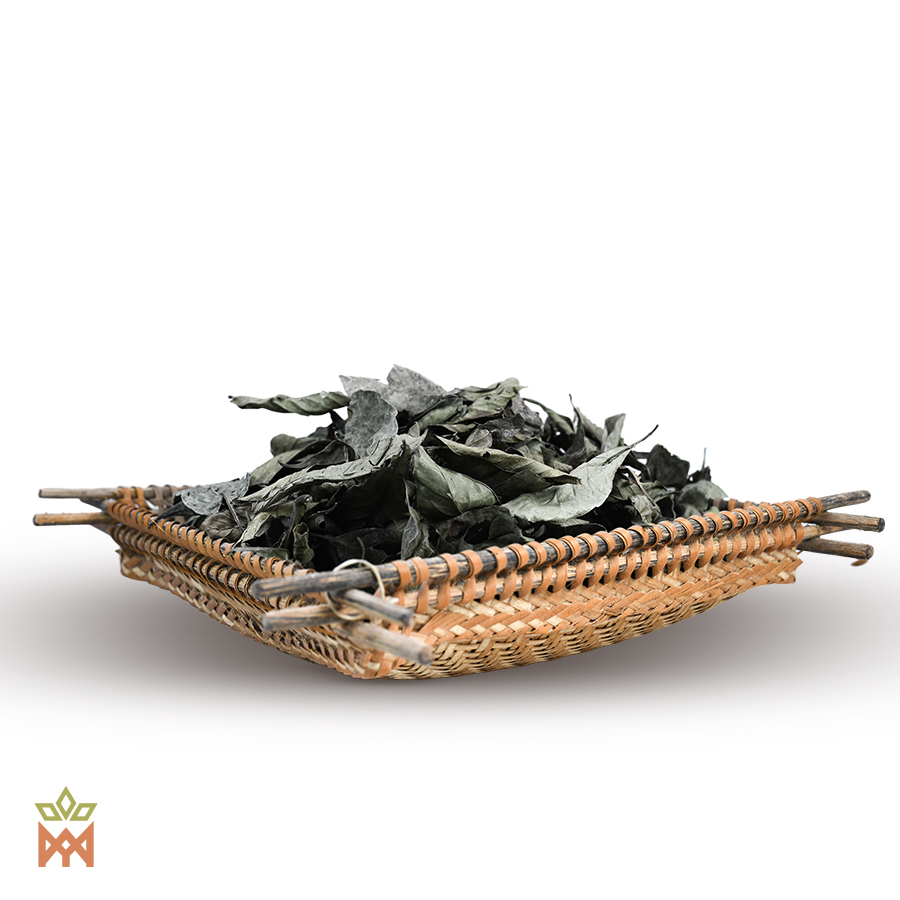
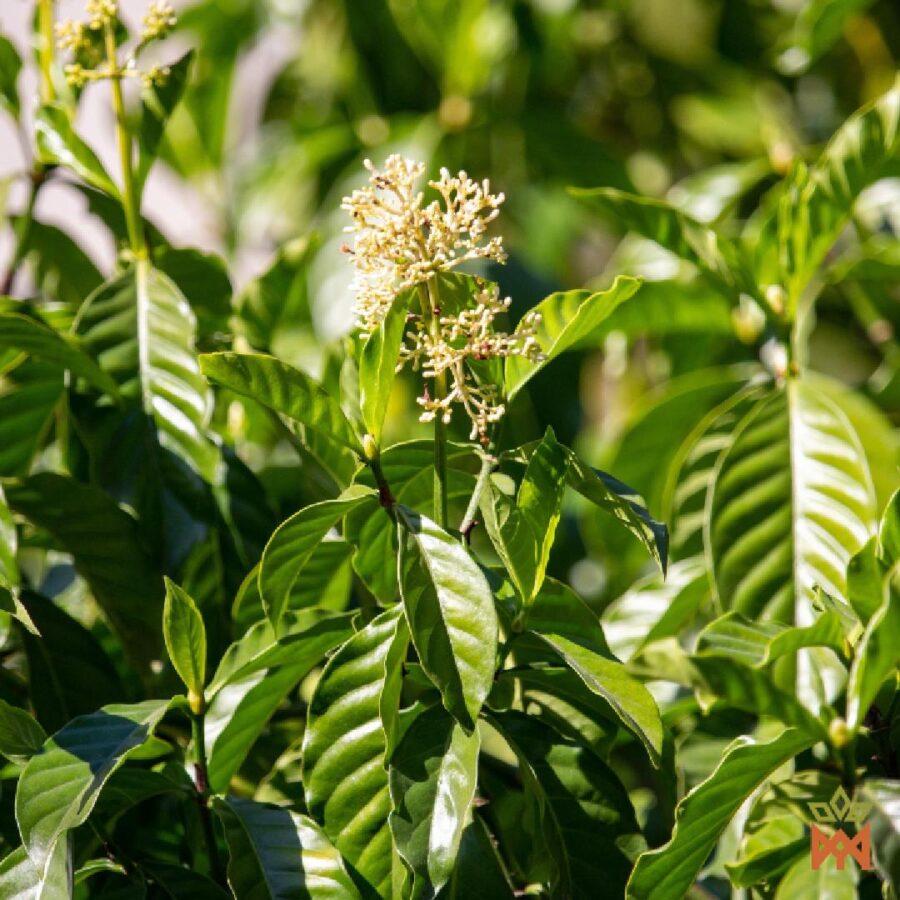
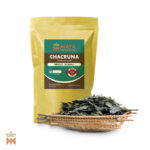
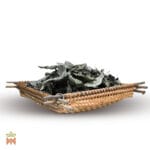
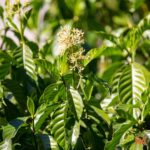

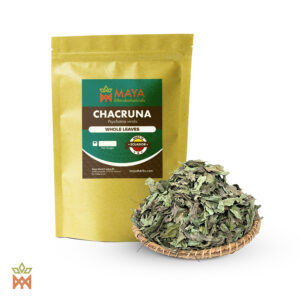
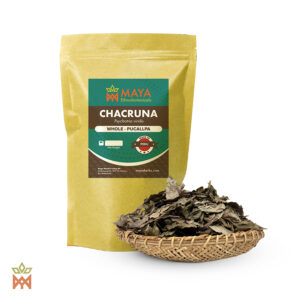
Reviews
There are no reviews yet.